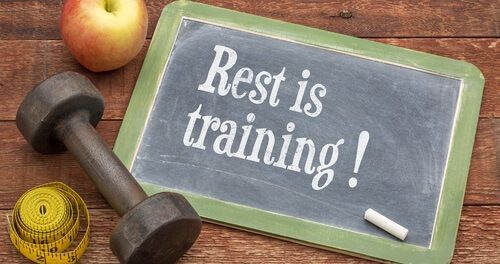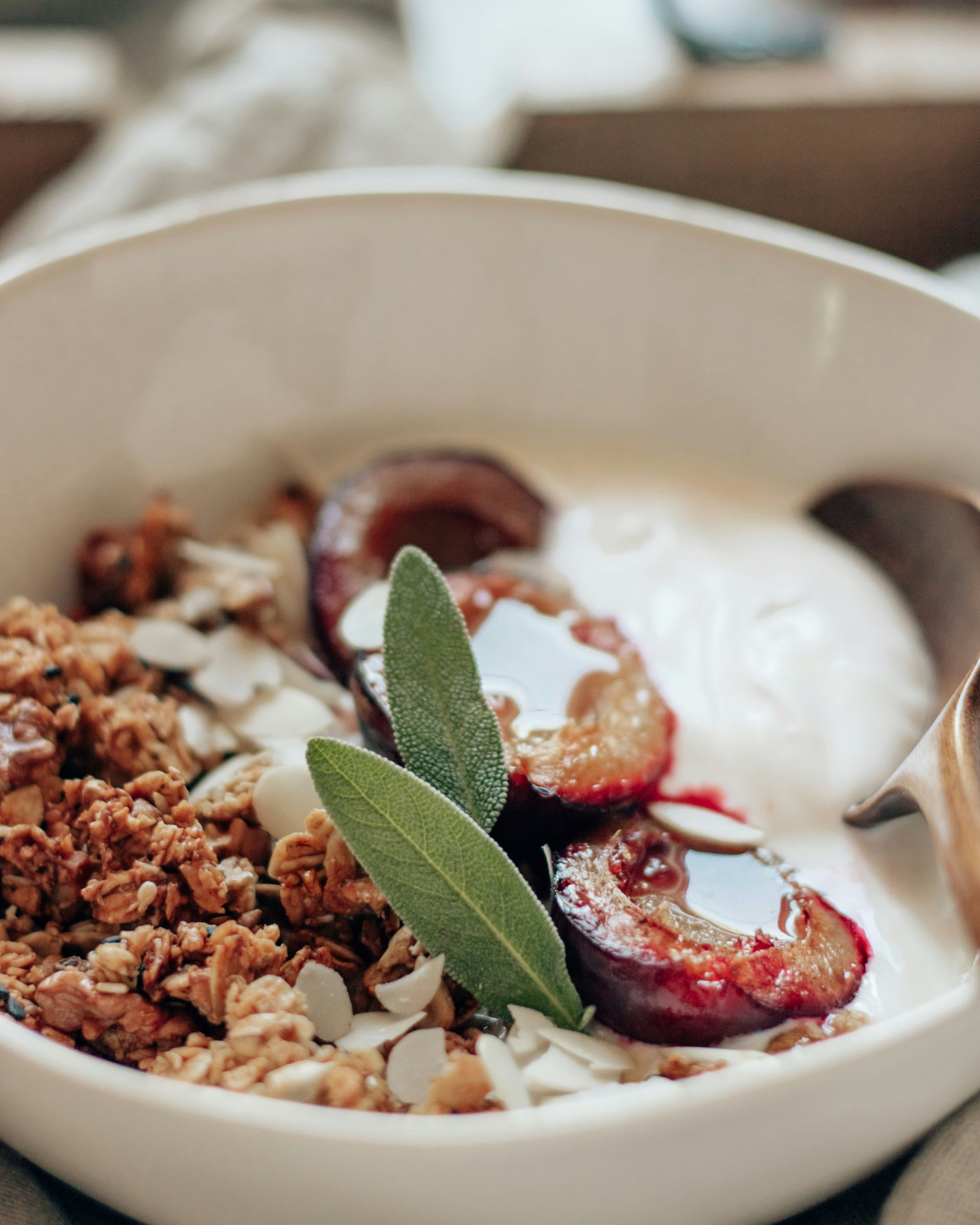Five Quick Tips Men Over 40s Need For Strength and Weight Loss

As men cross the threshold into their 40s, maintaining strength and managing weight becomes an increasingly important aspect of overall well-being.
Proven with hundreds of men at Elite Fitness Performance, these are some of the methods that worked for them, so grab a pen and paper and write down these five trialled and tested tips to maximise your health and fitness!
1) Resistance Training
The first step a lot of people take is going out for a run, playing a sport, or getting a gym membership to solely use the cardio machines. These are positive changes, and exercising is better than not exercising, the case I would make for strength training is that you gain strength and muscle, therefore your body becomes a better metabolizer of energy, therefore it is harder for you to gain weight.
Prioritize strength training exercises at least two to three times a week. Focus on compound movements like squats, deadlifts, and bench presses to engage multiple muscle groups.
2) Protein-Rich Diet
Protein is the building block of life, your body lives off of protein and unlike the other macronutrients (carbohydrates and fat), protein will help you build muscle and lose weight. Increase your protein intake to support muscle growth and repair. Include lean sources of protein such as chicken, fish, beans, and low-fat dairy in your meals.

3) High Intensity Interval Training (HIIT)
Incorporate HIIT workouts into your routine. These short bursts of intense exercise followed by rest periods can boost metabolism and aid in fat loss. HIIT elevates your heart rate to over 80% of its maximum heart rate.
Beginners - Do 1 HIIT session per week
Advanced - Do 2-3 HIIT sessions per week

4) Balanced Nutrition
Balanced nutrition is crucial as it plays a significant role in maintaining overall health, preventing age-related diseases, and promoting longevity. Some key reasons include maintaining a steady metabolism and blood sugar levels, weight and strength management; with aging, there is a natural decline in muscle mass and strength.
Adequate protein intake, along with essential vitamins and minerals, supports muscle maintenance and can help counteract age-related muscle loss. This is crucial for maintaining overall strength, mobility, and independence. Bone health as proper nutrition, including sufficient calcium and vitamin D, is essential for maintaining strong and healthy bones, reducing the risk of fractures and bone-related issues.

5) Rest and Recovery
Allow your body proper time to recover. Overtraining can hinder progress and increase the risk of injury. Ensure you get enough sleep and consider rest days between intense workouts. One of the reasons why people are so on-and-off with their health and fitness is because they do too much too soon, new years resolutioners are guilty of lifting weights too often, or too heavy when they're still at a beginner stage. Seek professional advice from a Personal Trainer to kick start your journey!

Start Today!
Ready to transform your fitness journey? Take the first step towards achieving your goals with personal training!
My take on Health and Fitness



